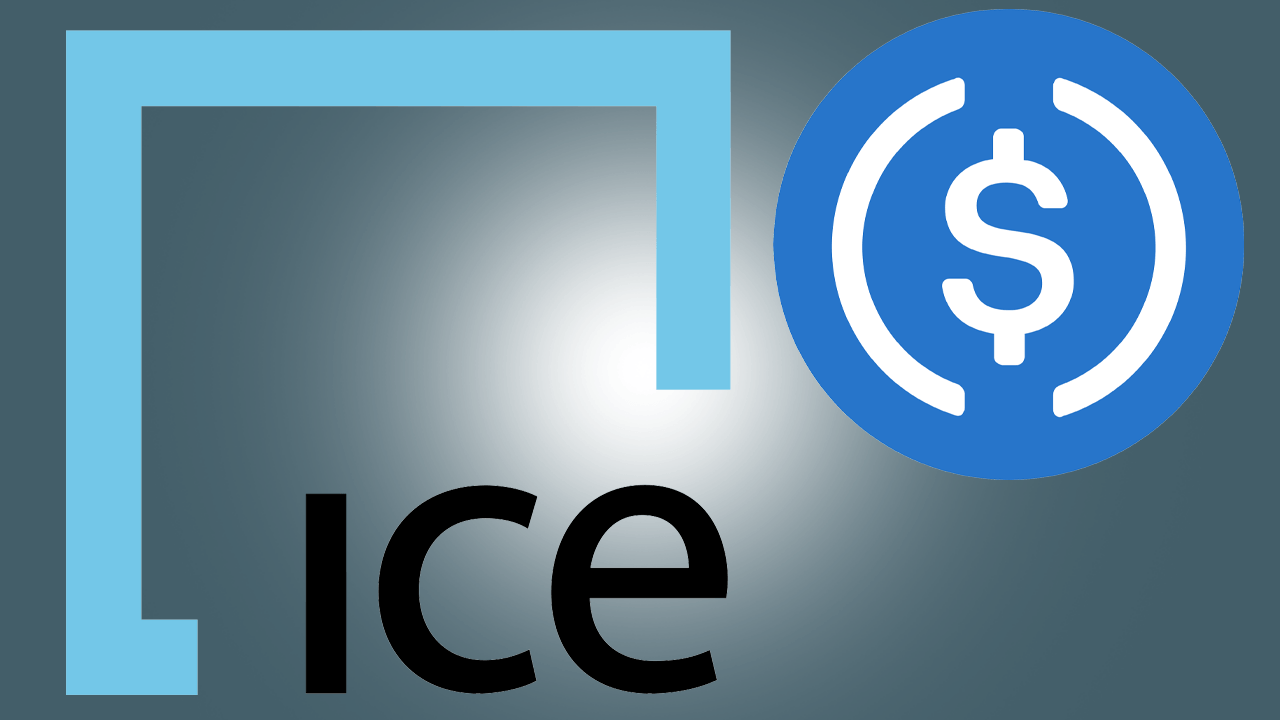 CaryptosHeadlines Media Has Launched Its Native Token CHT.
Airdrop Is Live For Everyone, Claim Instant 5000 CHT Tokens Worth Of $50 USDT.
Join the Airdrop at the official website,
CryptosHeadlinesToken.com
CaryptosHeadlines Media Has Launched Its Native Token CHT.
Airdrop Is Live For Everyone, Claim Instant 5000 CHT Tokens Worth Of $50 USDT.
Join the Airdrop at the official website,
CryptosHeadlinesToken.com

Intercontinental Exchange (ICE), the company behind the New York Stock Exchange (NYSE), is considering adding Circle’s stablecoins, USD Coin (USDC) and US Yield Coin (USYC), to its financial network.
Earlier today, ICE announced that it will study how these digital assets could be used across its exchanges, clearing systems, and market data platforms.
This move shows that digital currencies are becoming more important in traditional finance. As big financial institutions start using stablecoins, digital currencies could soon be a key part of global transactions.
USDC’s Growing Role in Crypto and Finance Sector
Circle’s stablecoin, USDC, is gaining more attention in the financial world. It is the second-largest stablecoin after Tether’s USDT, with a market value of over $60 billion. The stablecoin is fully backed by reserves in the Circle Reserve Fund, a U.S. government money market fund.
The fund is registered with the Securities and Exchange Commission (SEC). Since its launch in 2018, Circle has launched USDC stablecoin in many countries and has been listed on several trading platforms.
The digital asset is widely used for crypto trading, international payments, and as a secure way to hold digital dollars.
USYC: A New Stablecoin That Offers Interest
ICE is also looking to adopt USYC, a new stablecoin backed by short-term U.S. Treasury securities and other low-risk investments. USYC offers a 3.8% return on its financial operations.
This stablecoin was originally developed by Hashnote, a crypto platform that Circle acquired earlier this year. While holding USYC, investors can earn passive income over time.
Lynn Martin, president of the NYSE, is optimistic about the stablecoin market. She shared that stablecoins like USDC and USYC could become reliable alternatives to traditional money for businesses and institutions.
Also, ICE’s interest in these digital assets shows that big financial companies are taking stablecoins more seriously.
New Stablecoin Rules Attract Big Institutions
Recently, U.S. lawmakers introduced a new bill to regulate the stablecoins sector. If passed, the law will require stablecoin issuers to be licensed as banks or state-approved financial institutions.
The bill also calls for regular audits and requires that stablecoins be backed one-to-one with cash or low-risk government assets. Monthly reports will be needed to ensure transparency.
Additionally, the new bill proposes to restrict algorithmic stablecoins and foreign stablecoins that do not meet U.S. regulations. The effort to create clear regulations in the crypto market is encouraging more traditional financial firms to investigate the stablecoins sector.
Tether’s CEO, Paolo Ardoino, recently commented on the growing interest. He noted that many companies and institutions are starting to create their own stablecoin, showing that the market is changing.
With ICE and other big firms involved in digital assets, stablecoins could soon become an important part of mainstream finance.












